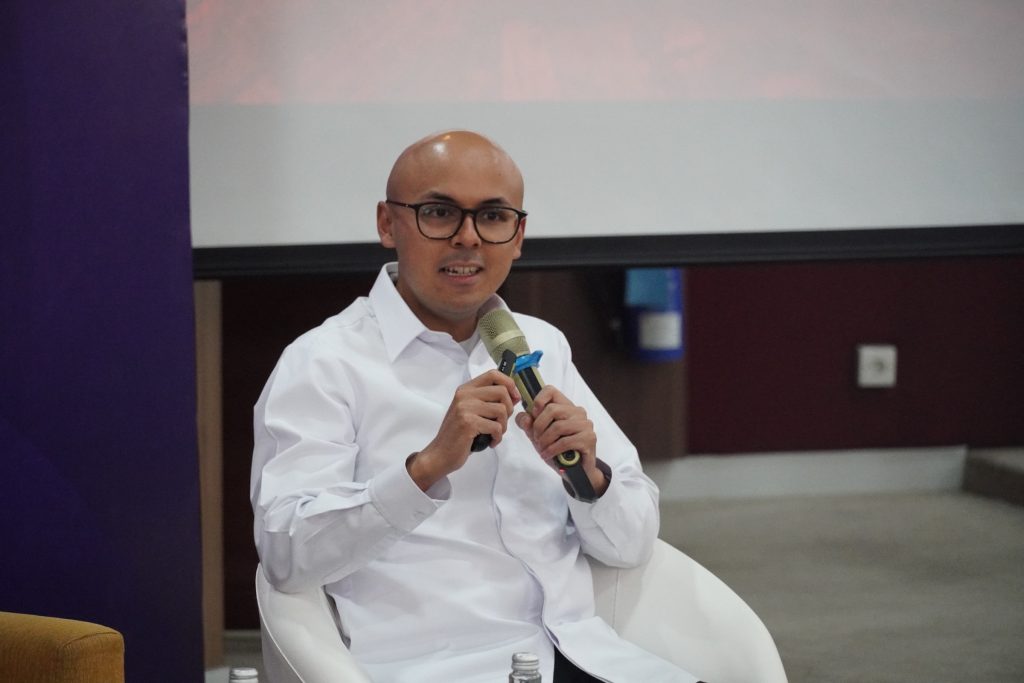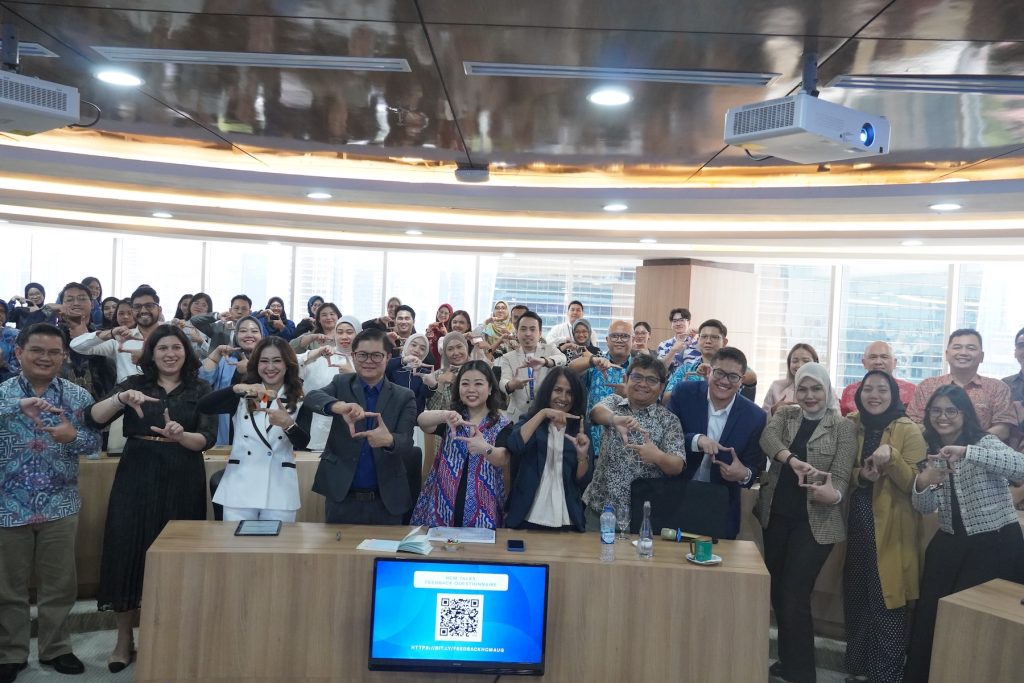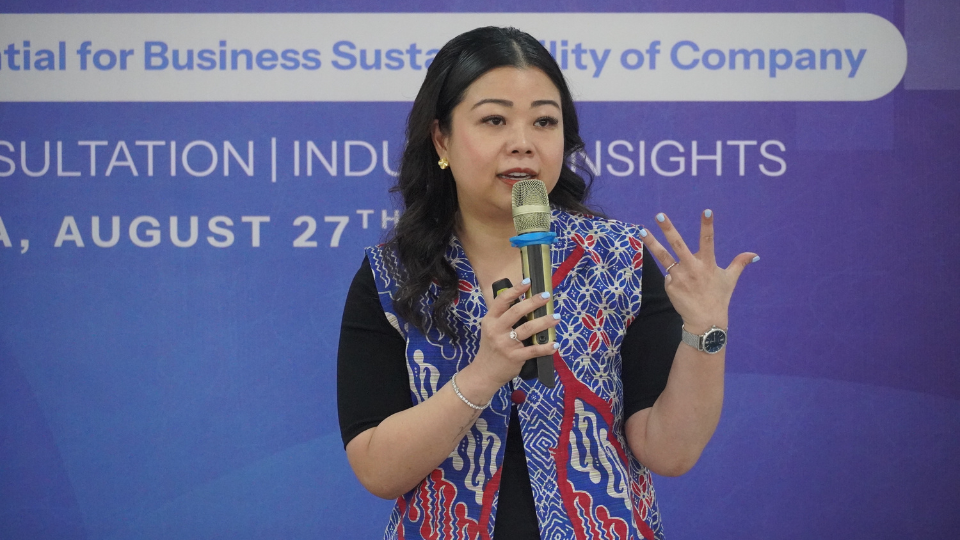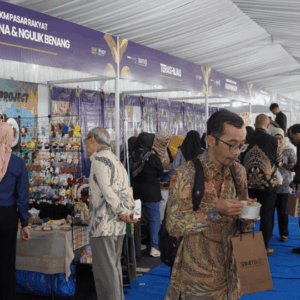Gen Z often has a shorter attention span and is used to receiving information that is brief and concise. Dirgayuza Setiawan, the Special Staff to the President and Founder of the Indonesian Nation Cadre Education Foundation (KBI), shared this insight during his speech at the Second Series of Human Capital Management (HCM) Talks 2025. The event, titled “Managing Gen Z & National Resilience: Preserving Identity, Shaping the Future,” took place at the SBM ITB, in Bandung (August 27).

Facing this challenge, Dirgayuza then implemented the IB Diploma curriculum in schools under the auspices of the KBI Foundation, which he founded. The curriculum emphasizes literacy, with a mandatory reading of 40 novels to foster a deep reading habit in students. Visiting Weekend Leader Talks are also held at these schools every weekend to foster an appreciation for the learning process.
“We customize learning based on students’ interests, making language enjoyable, employing AI, and promoting technology integration,” said Dirgayuza.
The HCM Talks focused on strategies for addressing the challenges of the future workplace. Topics included the use of technology and the enhancement of capabilities through artificial intelligence (AI), soft skills, hard skills, and green skills. The discussion was moderated by Dr. Muhammad Yorga Permana, a lecturer at SBM ITB.
Meanwhile, Lanny Wijaya, the Head of New Business and Public Sector for LinkedIn Indonesia & South Korea, highlighted the challenges faced by Gen Z in the future. Lanny explained that there are 35.79 million LinkedIn accounts in Indonesia, with 36 percent belonging to Generation Z. According to her, 85 percent of the jobs that will exist in 2030 have not even been discovered yet.
“And there will be at least 64 jobs impacted by AI disruption,” Lanny said.
Lanny emphasized the importance of multigenerational workforce transformation through T-shaped professional development. Individuals must possess both in-depth expertise and broad cross-functional insights. For example, a sales manager ideally understands sales, operations, HR, and customer experience, aka multi-tasking.
Lanny emphasized that a growth mindset is essential for continuous learning, as it helps shift away from the “don’t know what we don’t know” mentality and encourages openness to new knowledge. Currently, Lanny identifies three key skills that can be developed through LinkedIn Learning: Artificial Intelligence, both soft and hard skills, and green skills. He noted that AI, soft skills, and hard skills are the most sought-after areas in the industry right now, with a particular emphasis on data security and validity.
“We all start learning from the same point. Don’t be afraid to ask questions or be overly skeptical. If you’re struggling with a question, let’s create a community where we can confidently ask questions and learn together,” Lanny said.






